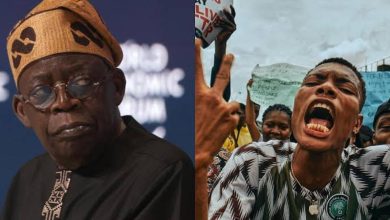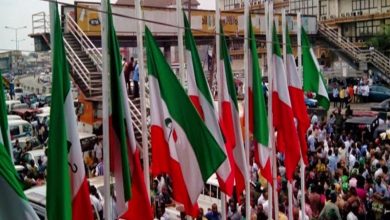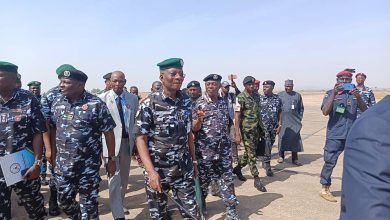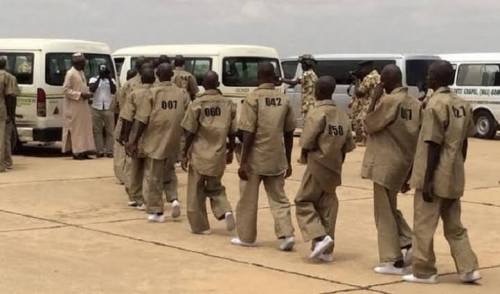CAN, Islamic Coucil fight over Buhari’s lopsided appointment
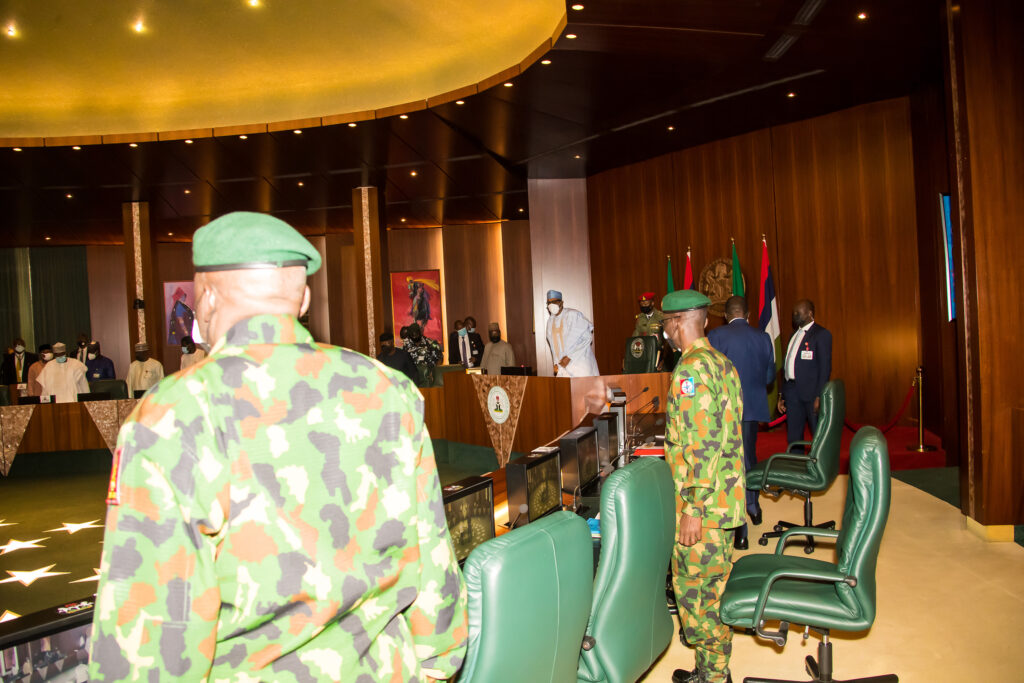
The Christian Association of Nigeria (CAN) and Nigerian Supreme Council for Islamic Affairs (NSCIA) have disagreed over alleged lopsidedness in appointments made by President Muhammadu Buhari.
In March, the National Judicial Council (NJC) had recommended 18 judges to Buhari for elevation to the court of appeal.
Reacting to the development, Samson Ayokunle, the national president of CAN, had said the president is polarising the country through “lopsided appointment”, adding that out of the 20 judges recommended, 13 were from the north and 7 from the south.
NSCIA REACTS
Responding, the Islamic council, in a statement signed by Salisu Shehu, its deputy secretary-general, had said that CAN was disseminating “scurrilous propaganda”.
The council argued that there are 70 justices of the court of appeals (JCAs) — 34 from the north and 36 from the south — and that the three geopolitical zones of the south have two Muslim JCAs, while the zones of the north have 15 Christians.
Exposed!! Popular Abuja doctor revealed how men can naturally and permanently cure poor erection, quick ejaculation, small and shameful manhood without side effects. Even if you are hypertensive or diabetic . Stop the use of hard drugs for sex!! It kills!
“The cacophony of Christian marginalisation that constitutes the sing-song of CAN is a blatant lie, a deliberate distortion, and a devilish strategy of shedding crocodile tears or crying while flogging Muslims with bare-faced oppression and systemic repression in Nigeria,” the council had said.
CAN’S RESPONSE
In response, the Christian body said the Islamic council has “unwittingly exposed itself as a promoter of bad governance, divisiveness and injustice in Nigeria under the Buhari administration”.
In a statement issued on Sunday by Joseph Daramola, its general secretary, CAN said: “The council was smart by half when it picked an example of just one arm of government without addressing the totality of fundamental questions on all the arms of government.
“Is it falsehood or character assassination that the Security Council of the country has remained an appendage of NSCIA under the watch of President Muhammadu Buhari?
“The constitutional position is that all of us, Christians and Muslims are stakeholders in this country, and votes were not collated on the basis of religion. So for the government to bend or lean towards Muslims in its appointment of Security Chiefs is unconstitutional and doesn’t take into consideration the varied interests of other ethnic and religious groups.
“Why did the Council remain evasive on the big issue of the Court of Appeal? Interestingly, there was never a time when CAN ever attacked or made a veiled reference to NSCIA over the obvious lopsided appointments in the country.
“CAN’s concern has always been directed at the Federal Government as a concerned non-governmental group but NSCIA as an underdog of government rather took it upon itself to speak for the government. We wish the Council had allowed the government to speak for itself.”
The Christian body also challenged the federal government “to publish the names, state of origins and religions” of those who have held the positions of chief justice of Nigeria, appeal court president, and chief judge of the federal high court since 2015.

